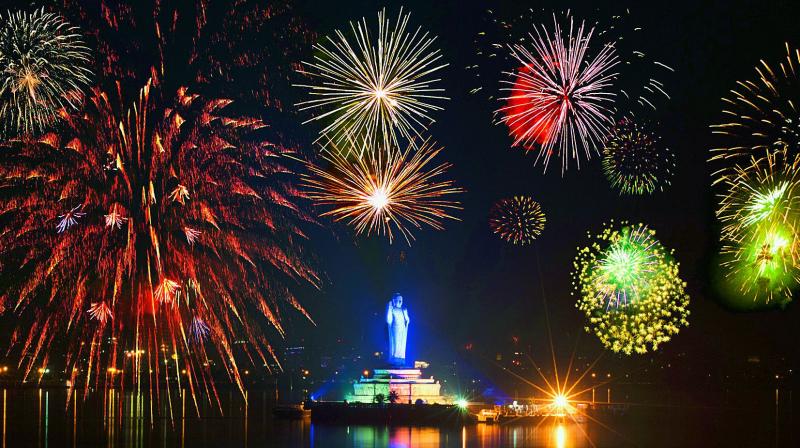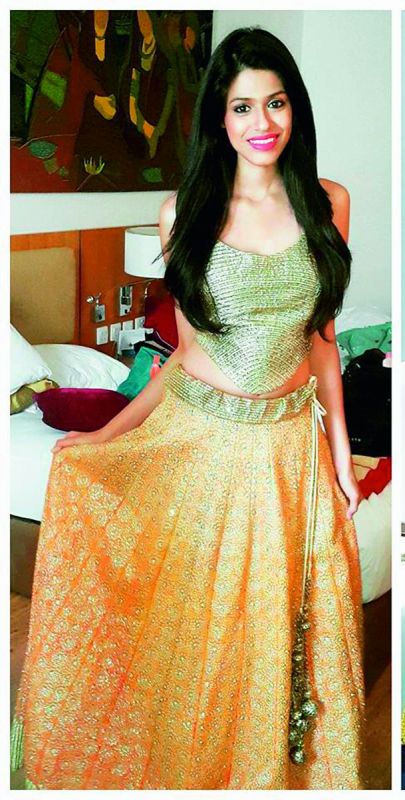One festival, many celebrations
Across India and the world, Diwali holds special significance for various communities that celebrate the festival with great pomp.

Celebrated on the 15th day of the Hindu month of Karthik, Diwali is not just the festival of lights. While many communities celebrate the festival to commemorate the return of Lord Rama from his 14 years of exile, there are various other stories and rituals associated with it. Being a five-day-long celebration, various Gods and Goddesses are worshipped on different days of Diwali.
The festival starts with Dhanteras or Dhantrayodashi, where the God of Ayurveda, Dhanvantari is worshipped, and is an important day for various communities. “All five days are of prime importance to the Gujarati community,” says socialite Bina Mehta, adding, “We start the festival on the first day, Dhanteras, and do puja in our shops and offices. Also, the day next to Diwali is celebrated as the Gujarati New Year and hence the celebrations are much more than that of Diwali. We visit family and friends and host get-togethers. We also make some special dishes such as ghughra, chorafali and mathia.” Talking about how Diwali is different for the Jain community, Bina says, “Diwali has a very special significance in Jainism as it marks the anniversary of the nirvana of Mahavira, the last Jain tirthankara. Some people fast on this day.”
It is also popularly believed that Goddess Lakshmi came out of the ocean during the churning of the milky sea (samudra manthan) during this time. The Telugu community celebrates the festival by worshipping the Goddess. “As a Telugu, we celebrate the festival of lights in honour of Goddess Lakshmi. We take part in Lakshmi puja and prepare traditional Telugu delicacies such as pulihora, laddus and other sweets and offer it to the Goddess. We also decorate our houses with beautiful flowers and a lot of diyas to welcome her home. The entire family dresses up in traditional wear and it’s a time to bond,” says model Apoorva Rao.
Many also believe that according to the Mahabharat, the festival marks the return of the Pandavas to their homeland after 13 years of exile. The Sikhs celebrate this day to mark the day of freedom or the day when their Guru Hargobind got free from jail. The Marwari community also celebrates Diwali with much grandeur and pomp. “For us, it’s a three-day festivity starting with Dhanteras, Naraka Chaturdas and then Diwali. On the day of Diwali, we do puja of Ganpati and Lakshmi at our home in the evening and offer homemade sweets,” says Archna Malani from Deepshikha Mahila Club.
 Apoorva Rao
Apoorva Rao
For the Bengali community, the celebration is about worshipping Goddess Kali. Shedding light on the celebrations, Rahul Basu, member of the Bengali group in Hyderabad, says, “The story of Kali puja or Shyama puja is connected with the legend of Lord Shiva roaming the earth with the corpse of Goddess Sati. Earlier, people also used to sacrifice goats during this festival, however now, the ritual is only followed in certain temples.” Interestingly, although Diwali is largely an Indian festival, it is widely celebrated in other countries such as Singapore, Fiji, Malaysia, Sri Lanka, Nepal and Mauritius.

